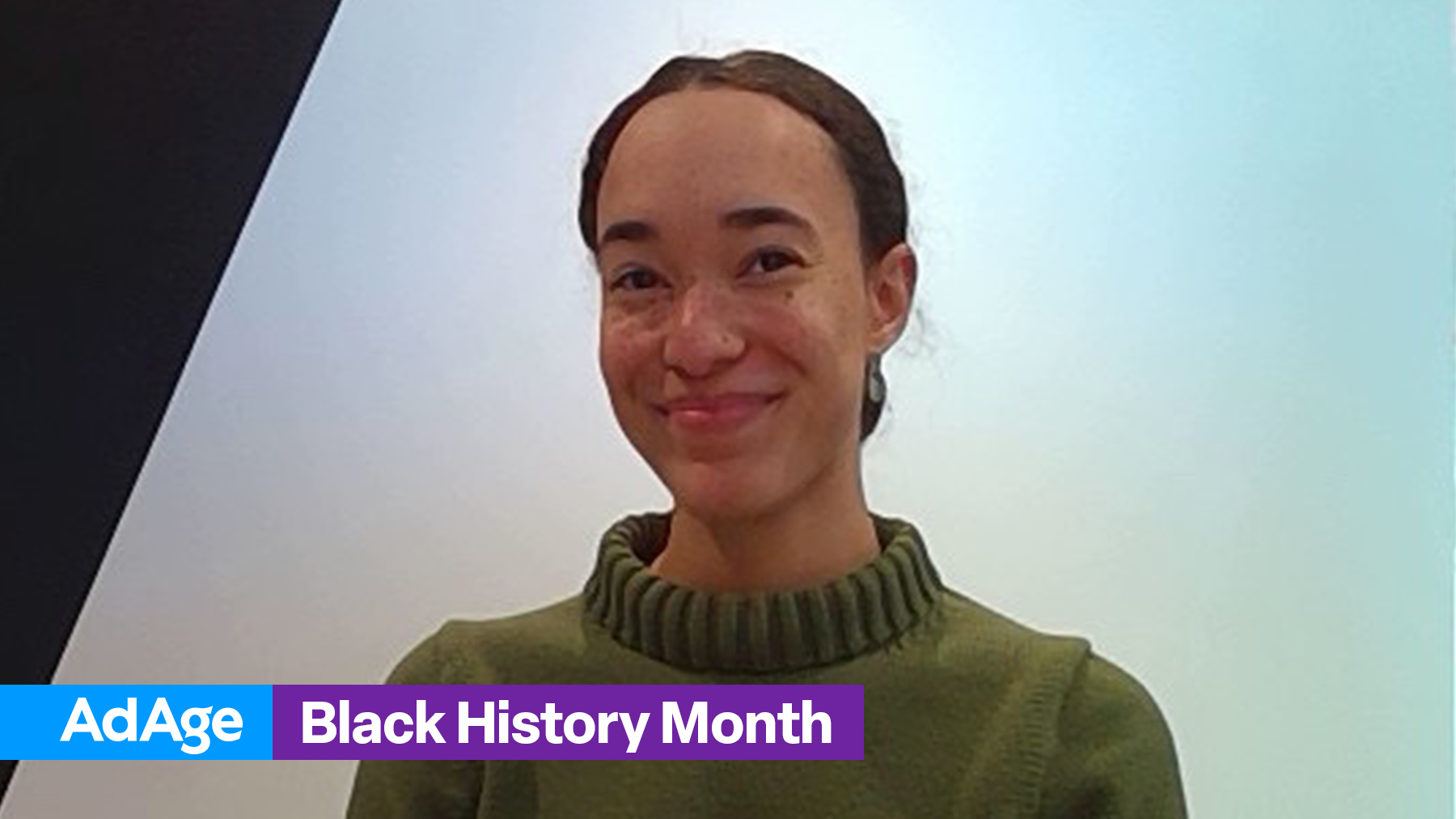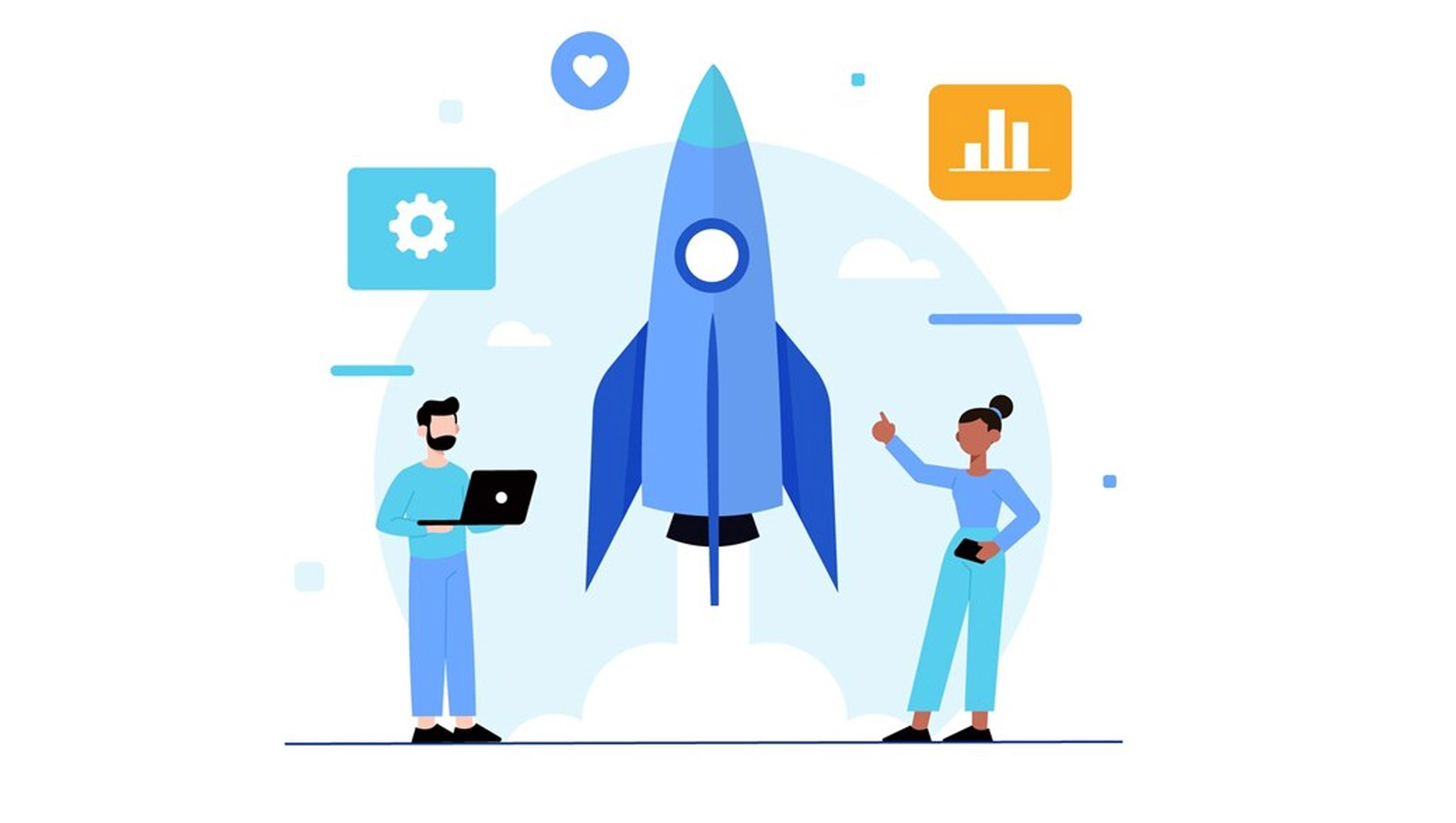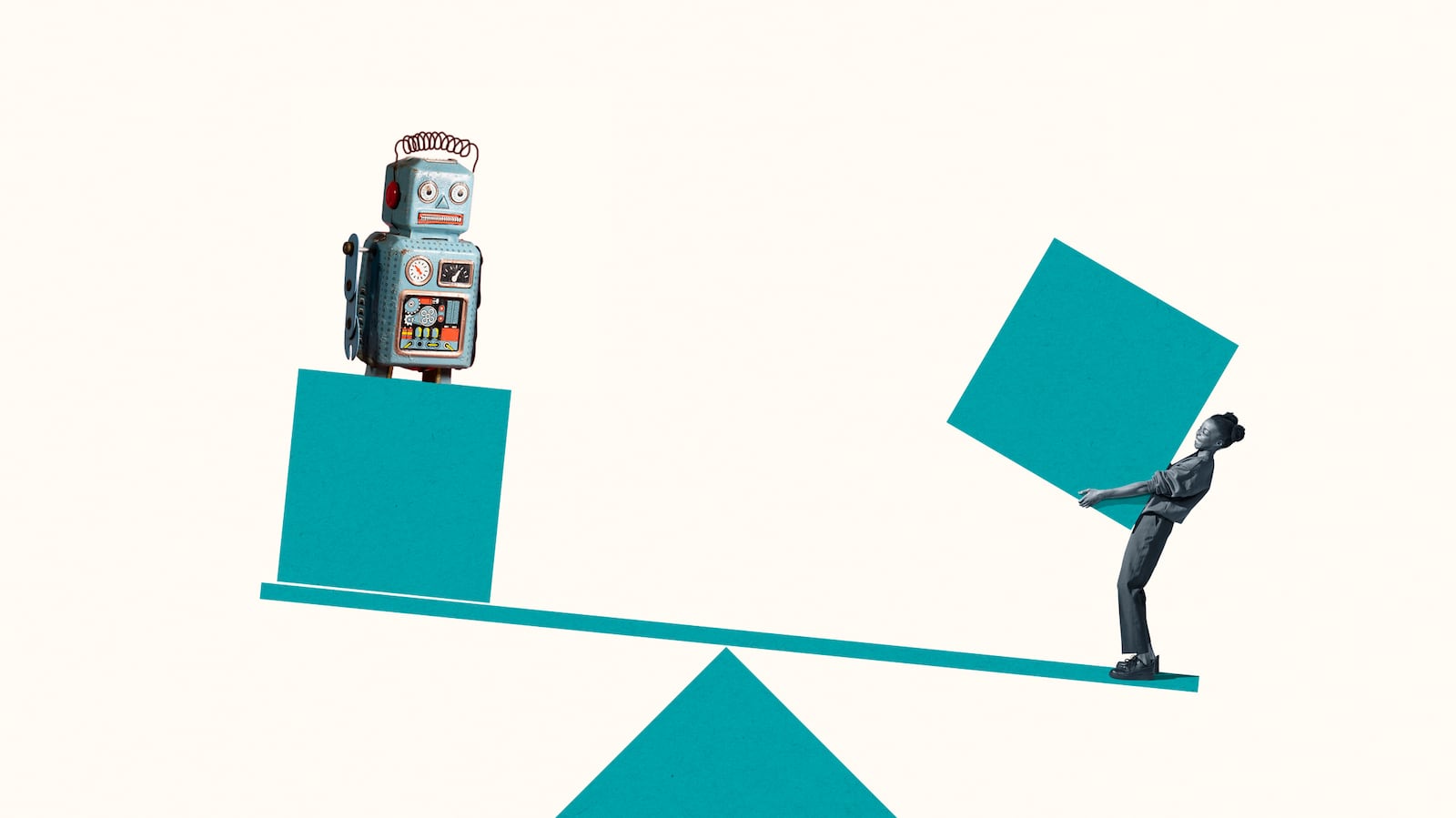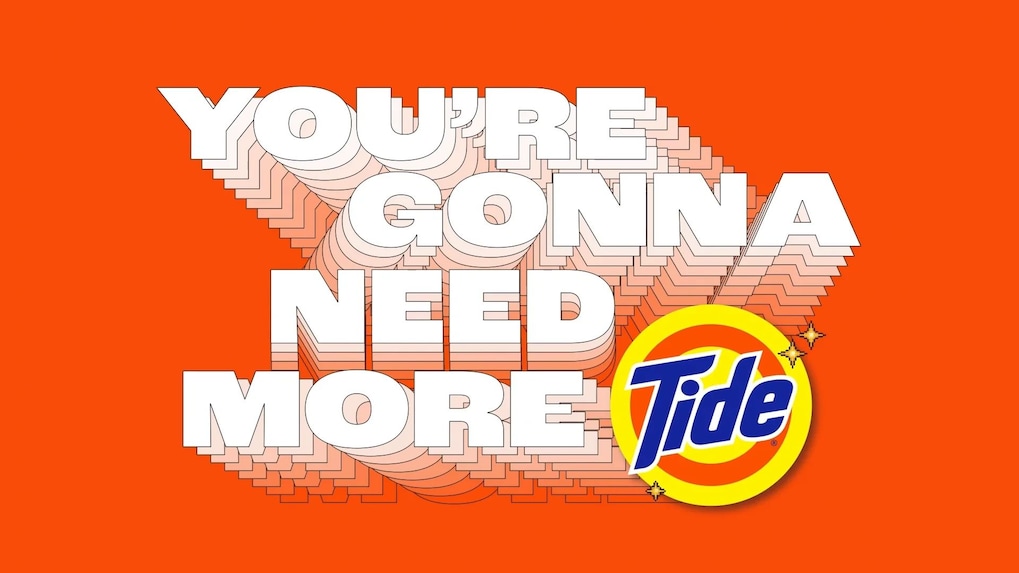Artificial intelligence (AI) continues to unfold its profound impact on the advertising and marketing landscape. As the industry stands on the brink of an AI revolution, the technology’s dual nature as a harbinger of innovation and a potential disruptor of traditional job roles is a topic of heated discussion.
Artificial Intelligence: A Double-Edged Sword
The introduction of AI into advertising has been met with both excitement and apprehension. While the technology promises new possibilities, it also challenges the status quo, potentially putting numerous jobs at risk. Agencies and marketing firms are keenly aware of this duality, which has led to a cautious yet optimistic approach to AI integration.
Opportunities and Challenges
– Automation of Routine Tasks : AI excels at automating repetitive tasks, such as data analysis and reporting. This allows marketers to focus on strategic creativity rather than mundane processes. However, it also raises concerns about the reduction of entry-level positions traditionally involved in these tasks.
– Enhanced Customer Insights : Machine learning algorithms can analyze vast datasets to uncover patterns and insights that human analysts might miss. This capability can significantly enhance customer targeting and personalization efforts, leading to more effective campaigns.
– Creative AI Tools : Emerging AI tools are increasingly capable of generating creative content, from ad copy to visual designs. While this can streamline the creative process, it also poses questions about the future role of human creativity in advertising.
Potential Job Displacement
Despite the benefits, AI’s integration into advertising is not without its challenges. The potential for job displacement is real, particularly in roles heavily reliant on manual data processing or basic creative tasks. However, experts argue that AI should be viewed as a tool to augment human capabilities rather than replace them entirely.
Adapting to the AI Era
To thrive in an AI-driven industry, agencies and marketing professionals must embrace adaptation and continuous learning. Here are some strategies to consider:
– Upskilling and Re-skilling : Professionals should seek opportunities to enhance their technical skills, particularly in AI and data analytics, to remain competitive.
– Emphasizing Human Creativity : While AI can generate content, the human touch is irreplaceable. Agencies should focus on cultivating unique and innovative ideas that AI cannot replicate.
– Leveraging AI for Strategic Planning : By using AI to gather insights and inform strategy, marketers can make more data-driven decisions and tailor campaigns to specific audience needs.
The Future of Agency Roles
As AI becomes more integrated into advertising, the roles within agencies are likely to evolve. Strategic thinkers and creative visionaries will be in high demand, as will technical experts capable of harnessing AI’s power. Agencies that successfully blend these skills with AI technology will be best positioned to lead in the new era.
In conclusion, while AI presents challenges to the advertising industry, it also offers unprecedented opportunities for growth and innovation. Embracing AI as a collaborative tool rather than a replacement can empower marketing professionals to reach new heights.
Stay updated on the latest in AI and marketing by subscribing to martechtrend.com.
Note: This article is inspired by content from https://adage.com/technology/ai/aa-how-ai-impacts-agency-marketing-jobs/. It has been rephrased for originality. Images are credited to the original source.










Leave a Reply